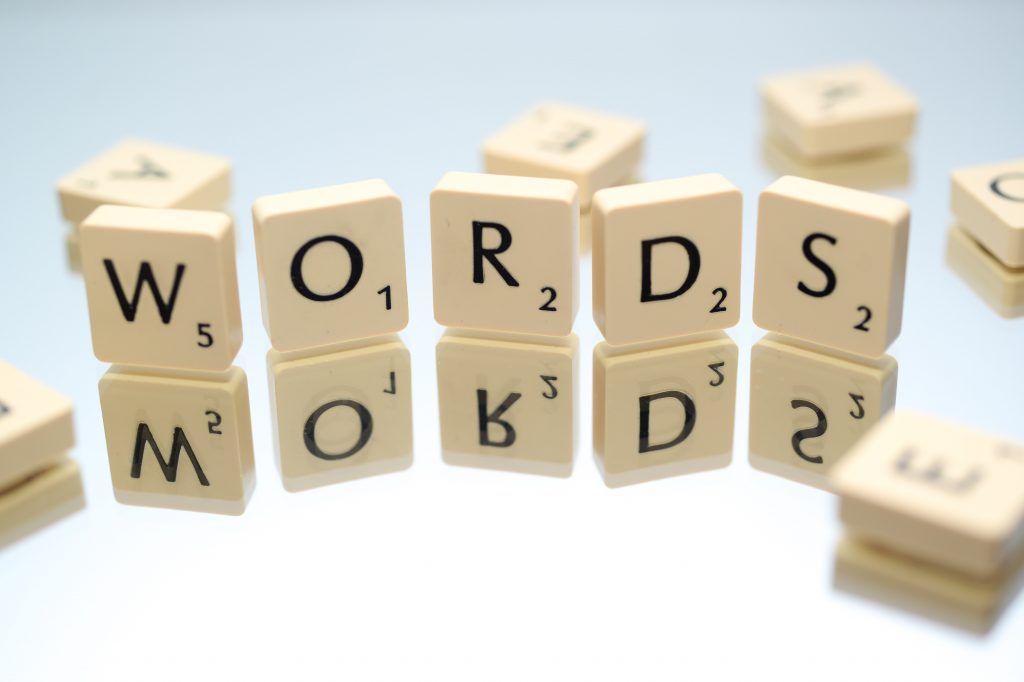You’d be hard-pressed not to find some insight in almost anything said by the late Maya Angelou (1928 – 2014), one of the most celebrated American writers of her time. From the rich poem composed especially for President Bill Clinton’s 1993 inauguration, “On the Pulse of Morning”, to the nuggets of wisdom sprinkled throughout her books and interviews, millions have been inspired by her words. A close friend of philanthropist and media mogul Oprah Winfrey, Dr. Angelou appeared on the debut season of Winfrey’s Master Class series a few years before her passing. During the taping, she spoke about her deep belief in the power of words:
“Words are things, I’m convinced… Someday we’ll be able to measure the power of words. I think they are things. I think they get on the walls, they get in your wallpaper, they get in your rugs, in your upholstery, in your clothes. And, finally, into you.”
In the same episode, a clip of which is available here, Angelou encourages us to pay attention not only to the words we speak, but to those we allow to be spoken in our homes. Certainly, it’s no surprise to hear that a renowned poet and orator held strong feelings on the importance of choosing our words carefully, but what’s the takeaway for the rest of us?
Where words get their power
Since first coming across this quote, I’ve found myself coming back to it time and again. What strikes me most about it is that despite how beautifully worded it is, its real strength lies in its practical wisdom. Many of us have been learning some variation of this principle since childhood: “If you don’t have anything nice to say…,” “Choose your words carefully,” and so on. Are we taught these lessons because words have inherent power, because we behave in ways to make the words we say become the reality we live, or because our words only reflect what’s already inside of and around us?
The truth is we can’t be sure of any one answer to that question, except to say that perception plays a huge part. But we don’t have to believe words are literally stuck to our walls to understand that the things we say, to ourselves and to others, often end up coming back to us, in good ways and bad. And they don’t come back as bits of language, but as very tangible life experiences. This is really what Angelou was getting at.
Seeing the power of words
There are countless ways to observe this principle in action, if only we’re willing to pay attention. From the answers we provide in job interviews to the things we say to our spouses in a heated argument, the words we use are changing our lives all the time. But the deepest manifestation of this power is in what we say to ourselves. I’ve seen how changing the words I employ to speak about myself and my life can transform not only my perception of the world around me but also my belief about the things I can accomplish in that world.
So often, we hold ourselves back and waste precious time by talking ourselves out of doing the things we want to, even though there isn’t anything actually preventing us from taking action. If you’ve ever experienced this, you’ve already learned the biggest lesson on the power of words. The old admonition that you can’t achieve or attain anything without believing you can in the first place (and a whole lot of that belief comes from the words you use to talk about what it is you want to accomplish) is just another validation of the measurable transformations language can produce in your life.
Exercising good language
Simply put, Maya Angelou recognized that words can open us up or close us down, bringing positive or negative things into our lives, and she used her own gift of language to push that wisdom forward in a thought-provoking manner, with depth and color. And although the science to measure the power of words in exact terms isn’t quite here yet, you are. You can either tell yourself that words have no power (itself a disempowering statement), or you can make a conscious choice – starting today – to honor the impact of what you say. You can choose to exercise good language, internalize the possibility of its power, and pay close attention to the many ways it elevates you and moves you forward.
What words will you let in today?
Originally published at www.copycubicle.com


